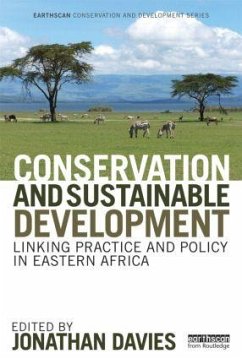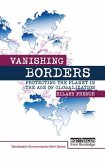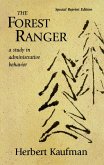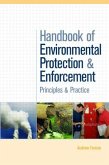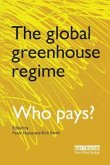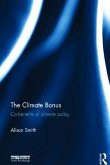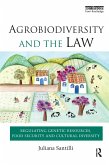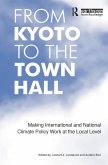The links between policy and practice in natural resource management are often depicted as a cyclical and rational process. In reality, policymaking and implementation are often irrational, unpredictable and highly political. Many science and knowledge-based institutions undertake rigorous research with the aim of influencing policy, but often their influence is much less than intended. Understanding who influences policy at different levels, and how, is crucial to ensure that science is deployed most effectively so as to have an influence on conservation and natural resource management. Conservation and Sustainable Development presents a variety of innovative ways that have been used to influence policy processes, from community pressure groups through elected and unelected leaders, to scientific discourse at the levels of directors of economic planning and conservation. This book analyzes experiences from a variety of conservation interventions by the International Union for Conservation of Nature (IUCN) and other agencies, primarily in Eastern Africa, and challenges the notion of policymaking as a cyclical process. It elaborates on this theme and presents an array of examples of how communities have influenced government, through direct lobbying, influence of parliamentarians, wielding of science and research, and inter-community dialogue, networking and solidarity. The authors present a framework for understanding and strategizing such work so that other institutions can identify where they can best add value.
Hinweis: Dieser Artikel kann nur an eine deutsche Lieferadresse ausgeliefert werden.
Hinweis: Dieser Artikel kann nur an eine deutsche Lieferadresse ausgeliefert werden.

